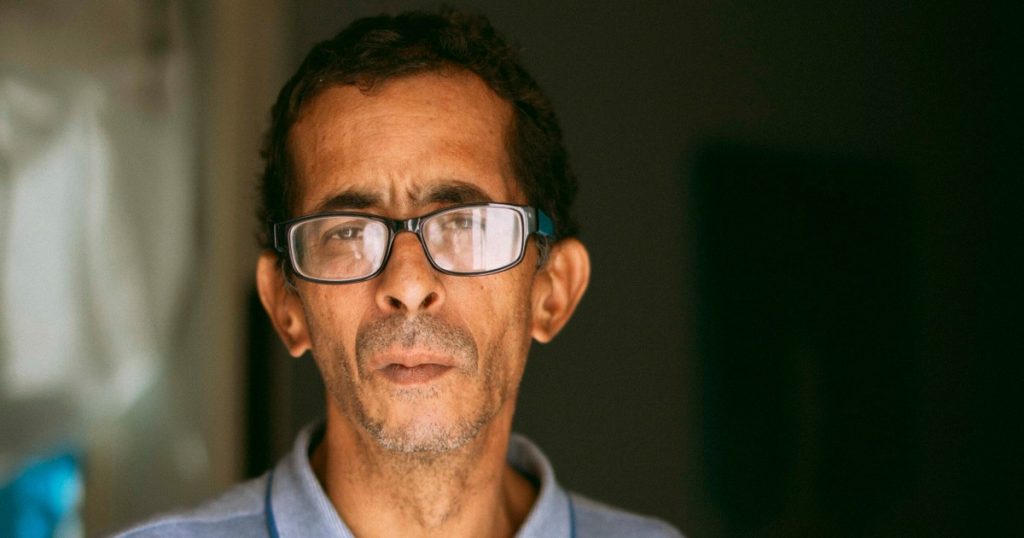Izak Kadosh, a Jewish man from Brooklyn, has been charged with attempted murder and hate crimes in connection with a long-term campaign of harassment and violence against his Muslim neighbor. Kadosh is facing more than 40 counts, including attempted murder as a hate crime, assault as a hate crime, and burglary as a hate crime. The motivation behind the attacks appears to be religious and ethnic differences between Kadosh and his neighbor, with Kadosh making threats based on their differing faiths.
Kadosh’s neighbor, identified as Ahmed Chebira, reported that the harassment began shortly after he moved into the building in October. The incidents escalated to a violent attack in which Kadosh broke into Chebira’s apartment, destroyed property, defaced a Quran with feces, and struck Chebira in the head with a mallet, requiring hospitalization and treatment for injuries. The complaint details further instances of violence and threats dating back to early March, including tire slashing, property damage, and physical assaults.
Kadosh pleaded not guilty in court, with bail set at $25,000 cash or $125,000 bond. A public defender representing Kadosh did not provide immediate comment on the case. Chebira expressed relief that Kadosh had been arrested, fearing for his safety upon his discharge from the hospital. New York Governor Kathy Hochul condemned the allegations as “despicable” and reiterated the state’s commitment to standing up against Islamophobia and all forms of hate.
The increase in antisemitic and Islamophobic attacks in the United States has been linked to geopolitical events, such as the Hamas attacks on Israel in October 7 and Israel’s subsequent response in Gaza. This has created tensions between different religious and ethnic communities, leading to incidents like the one involving Kadosh and his neighbor. The case highlights the importance of addressing hate crimes and promoting tolerance and understanding among diverse populations in order to create a safer and more inclusive society.
The Brooklyn district attorney’s office is handling the prosecution of Kadosh, who faces serious charges that could result in significant penalties if convicted. The case has drawn attention to the issue of religious and ethnic discrimination, calling for greater awareness and actions to prevent such incidents from occurring in the future. By holding individuals accountable for their actions and promoting mutual respect and acceptance, communities can work together to combat hatred and division. Overall, the case serves as a reminder of the importance of valuing diversity and fostering a culture of inclusivity and respect for all individuals.


